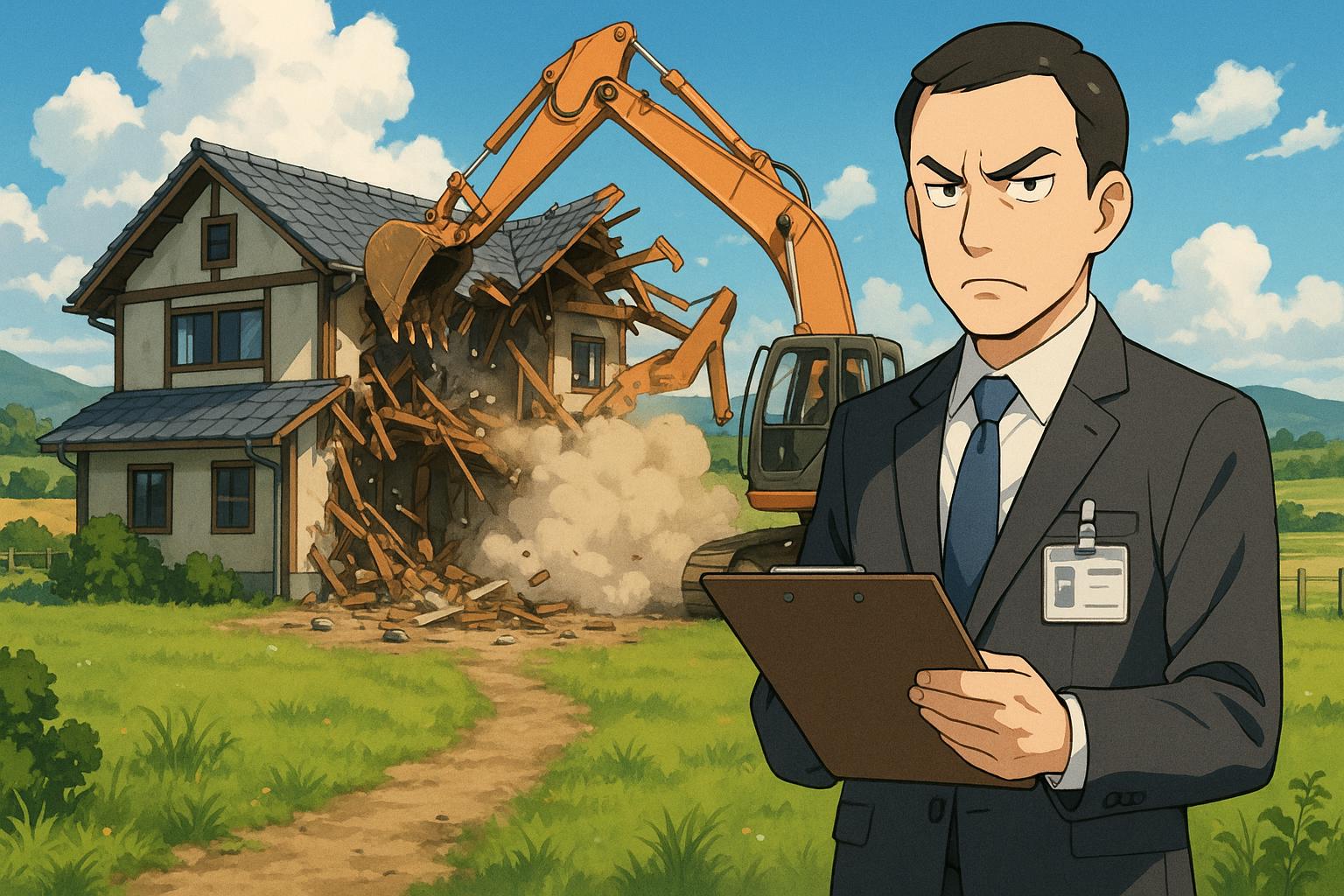A couple in Great Abington, Cambridgeshire, find themselves facing the demolition of their £1 million home following a planning scandal that underscores the importance of adhering to local regulations designed to protect rural developments. Jeremy and Elaine Zielinski received approval in 2014 to construct a "stallion semen centre," which was to include a modest upper flat alongside facilities for equine semen collection and storage. However, the end result bore little resemblance to the proposed business operation, resembling instead a typical residential home complete with modern amenities such as an island breakfast bar, fully furnished lounges, and private bedrooms.
The planning inspectorate's ruling revealed that while the exterior of the building conformed to the approved plans, the interior was a stark deviation from the intended agricultural operation. Inspector Chris Peston highlighted a significant lack of any operational laboratory or facilities necessary for a stallion semen business, stating, “No laboratory has been installed, no research or stored equipment associated with the business is apparent… There is no proof the analysis was carried out.” The sole evidence of any business attempt was a single transaction amounting to £44 for "laboratory fees" pertaining to a horse named Dublin—an operation which seems to have been never realised.
This decision reflects broader concerns regarding the misuse of rural planning permissions. South Cambridgeshire District Council has been keen to stress the vital need for developments to honour their designated purposes in order to maintain the integrity of the countryside. Cllr Dr Tumi Hawkins, the council's lead cabinet member for planning, remarked on the ruling, viewing it as a strong endorsement of the community’s commitment to enforcing planning policies, which serve to protect rural character and land use.
Despite the couple's defence, which cited the impact of the Covid-19 pandemic on their business plans, the inspector found their arguments unconvincing. Descriptions of their home included elaborate living spaces that could be typical of any family residence rather than a dedicated facility for equine semen collection, raising questions about the motivations behind their construction decisions. The planning inspectorate ultimately deemed the council's directive—a requirement to demolish the building by 6 May 2024—both reasonable and proportionate.
This ruling not only mandates the physical removal of the home but also serves as a cautionary tale about the risks of misusing planning permissions in ecologically sensitive areas. Furthermore, the scale of the challenge posed by fraudulent or mismanaged developments in rural settings is a growing concern as agricultural land continues to wrestle with pressures from housing and urban expansion.
As planning authorities remain vigilant, cases like that of the Zielinskis will likely reinforce the necessity of maintaining transparency and compliance within the thriving sector of equine services, which encompasses a range of operations from breeding to laboratory testing. Facilities such as those at Oakham Veterinary Hospital, which efficiently offers a full range of laboratory services, illustrate the standards expected of legitimate operations in the equine industry.
In summary, the ruling against the Zielinskis not only signifies the enforcement of local planning laws but also poses a critical reminder regarding the responsibility that comes with obtaining such permissions. The need for compliance ensures the protection of the countryside, a critical asset that faces increasing pressure from development interests.
Reference Map:
- Paragraph 1: (1), (2)
- Paragraph 2: (1), (2)
- Paragraph 3: (1), (2)
- Paragraph 4: (1), (2)
- Paragraph 5: (1), (2)
- Paragraph 6: (1), (2)
- Paragraph 7: (1), (2)
Source: Noah Wire Services
